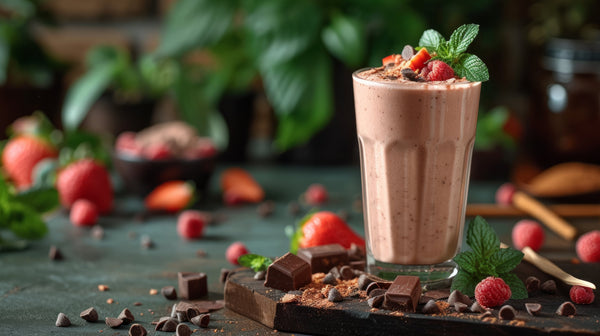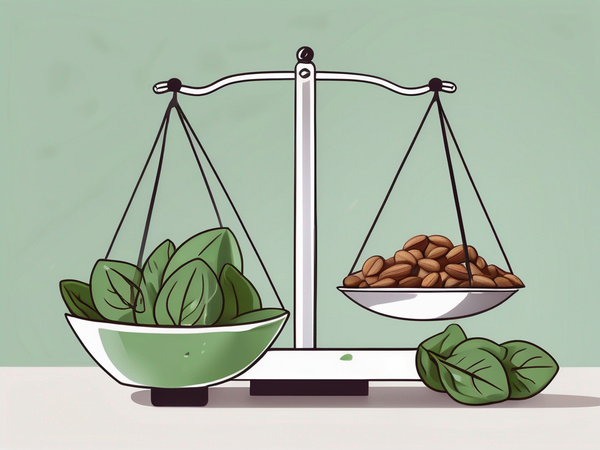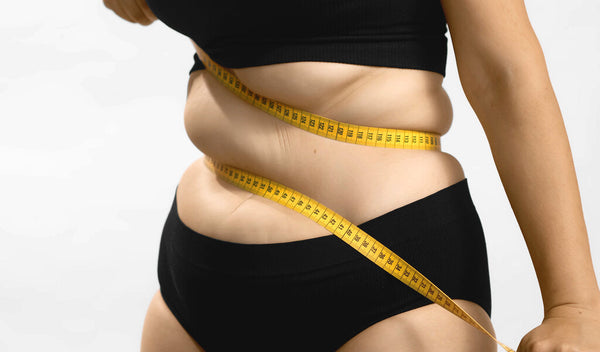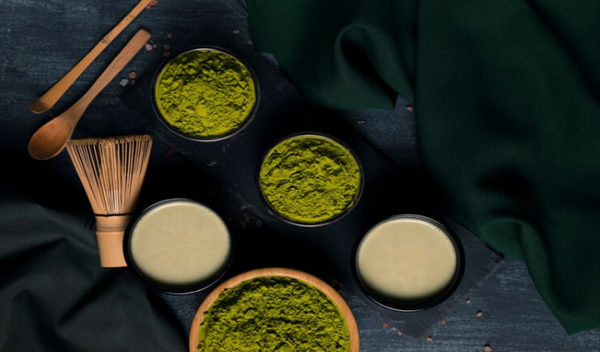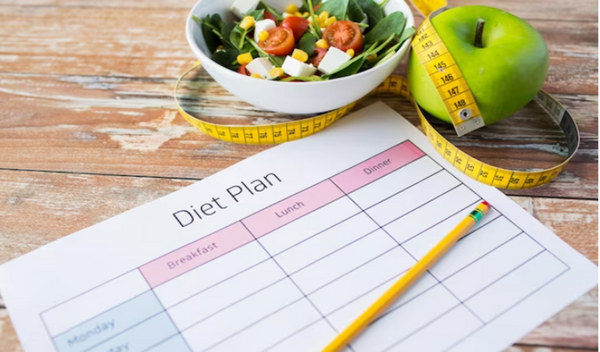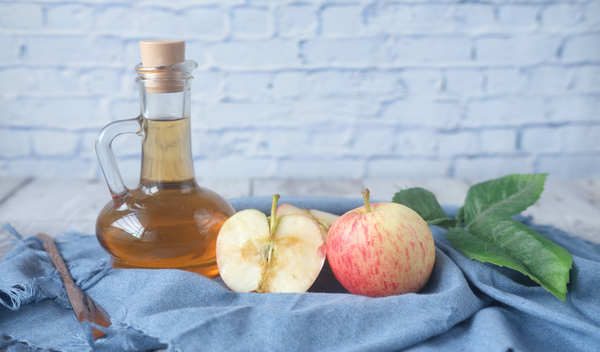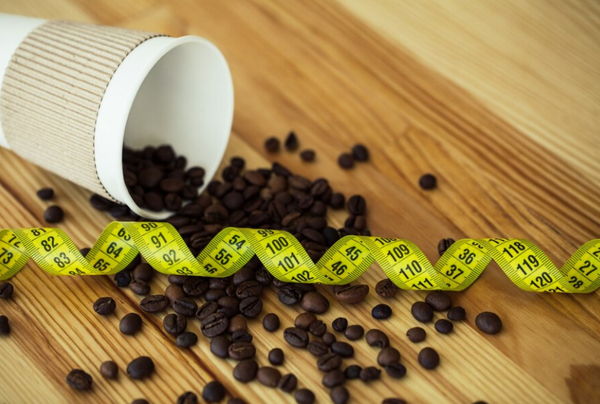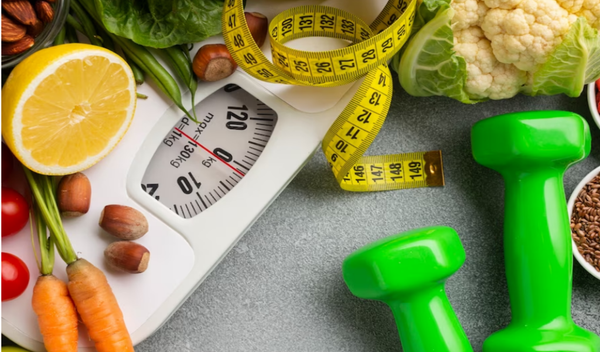Whether it's a friend's wedding or a spontaneous decision triggered by an Instagram post, the desire to lose weight quickly is something many of us can relate to. In our search for a solution, we often encounter numerous fad diets that claim extraordinary results in a short period of time. However, blindly following these popular diets without considering their suitability for our individual bodies and weight goals is a common mistake.
At times, we embark on these diets without conducting proper research or seeking guidance from a qualified nutritionist. But fret not, as we have taken up the task of doing the hard work for you. In this article, we will debunk three of the most popular fad diets, shedding light on their potential risks and drawbacks. So, keep reading to gain insight into making informed and healthy choices for your weight loss journey.
1.Keto Diet
Most people who are interested in weight loss have probably heard of the keto diet. From Bollywood actresses to the Kardashians, many celebrities have tried the keto diet and achieved favorable results. This diet plan is entirely based on the process of ketosis that happens in the body.
When you eat something, your body works on it and breaks it down into smaller pieces. Carbohydrates are converted to glucose and stored in the form of glycogen. Fats are converted to fatty acids and stored as triglycerides. These two (fats and glucose) are the major sources of energy for our body, with glucose being the primary source. When your body needs energy, this stored glucose is used. Once the stored glucose is used up, your body starts using its fat reserves.
Ketosis is a process in which fats are the primary source of energy and glucose is kept on standby. Due to this process, the excess fat is broken down faster. The keto diet facilitates the process of Ketosis by promoting a high-fat, low-carb diet. By having low carbs, you leave no choice for your body but to use up the stored fat, thereby causing faster fat loss.
Here’s the catch:
This celebrity diet has probably been on your mind as well, but here are a number of reasons why nutritionists don’t recommend it.
- Low BP, kidney stones, constipation, nutritional deficiencies, and a higher risk of cardiovascular disease are all potential side effects of the keto diet.
- People who are not used to a high-fat, low-carb diet can experience something called "keto flu". Symptoms of keto flu include low energy levels, dizziness, and an upset stomach.
- Anyone who has a disorder affecting their pancreas, liver, thyroid, or gallbladder should avoid the ketogenic diet.
- A number of case studies reported how acute hypercalcemia can appear approximately 2.1 years after the keto diet was implemented.
Final Note: The keto diet is beneficial as a medical nutrition therapy for epilepsy patients. It may also be effective in providing short-term weight loss. However, it is not practical to continue this diet for a long time due to its negative impact on various organs. It can put you at risk of nutritional deficiencies, and chances are you may gain more weight once you switch back to your regular diet due to its limitations in sustainability.
2. Liquid diet
A liquid diet consists of foods that are liquid at room temperature or likely to melt once inside your stomach. For example, foods like soups, juices, drinks, yogurt, & ice cream. The main purpose of this diet is to limit the number of calories that you consume. Once your calorie intake reduces, you’ll lose weight faster. An advantage of this diet is that the juices help cleanse your body of any toxins and keep you hydrated. It also increases your intake of fruits and vegetables and reduces your consumption of junk food.
However, just like other diets promising quick results, the liquid diet has its own set of drawbacks, for which many nutritionists never recommend it.
Here’s the catch:
A major problem with liquid diets is the absence of fiber. When you prepare a fruit or vegetable juice, you strain it and drink only the liquid, leaving out the fiber.
Having adequate fiber intake is so crucial for your body.
- It keeps you full, so you won’t be hungry too frequently.
- It prevents an instant spike in sugar levels by lowering the glycemic index of a food. When consuming strained juice, you end up raising your sugar levels.
- The good gut bacteria also feed on fiber, making it essential for their survival.
- Without enough fibrous content inside your gut, you’ll be constipated even though you are drinking good amounts of water.
Another problem with the liquid diet is that its goal of lowering calorie intake may not actually be achieved. For example, you would otherwise have an orange as an evening snack. But now that you are having juice, you will need at least 3–4 oranges to obtain about 1 glass of juice. So by having juices instead of whole fruits, you end up adding more calories than usual.
What could go wrong with a liquid diet is the excessive consumption of liquid juices available on the market. These juices contain heaps of sugar, acidity regulators, artificial flavors, and preservatives.
With a liquid diet, you get a lot of vitamins and minerals from fruit and vegetable juices, but you are most likely to miss out on nutrients present in animal-based foods like collagen and vitamins B2, B3, and, B12.
Liquid diets can lead to mild health issues like dizziness, diarrhea, fatigue, and constipation, as well as fatal conditions like liver and lung damage.
A liquid diet isn’t a sustainable program, nor is it practical for anyone to continue it for a long time. Since it is not nutritionally balanced, a liquid diet is not advised to be followed for more than a few days. Liquid diets fall under "extreme diets" that cannot be considered weight loss solutions that are supposed to be sustainable. Additionally, there is a high possibility of lean muscle or water loss in such a diet instead of the desired fat loss.
Final note: A liquid diet will give you the results you seek, but the drawbacks outweigh the perks. If you still want to do it, you can try it for 2-3 days every couple of months to cleanse your body. If you wish to extend your liquid diet tenure, try to include some liquid fiber drinks to fulfill your fiber requirements. You could even have liquids only at one meal of the day if you are so keen on trying out this diet.
While we are talking about liquid diets for weight loss, we have to mention Apple Cider Vinegar for weight loss. You can buy apple cider vinegar online and include it in your liquid diet. Have about 15 ml of it every day for faster weight loss.
3. Paleolithic Diet
The concept of a paleolithic diet is that about 2.5 million years ago, humans used to eat foods that made up their bodies, like meat. Over the years, we introduced our bodies to dairy products, sweeteners, and crops like wheat and rice. In a Paleolithic diet, you are encouraged to eat foods like eggs, meat, fruits, veggies, nuts, and seeds. The rules are to avoid dairy products, grains, legumes, refined sugar, added salt, starch-rich veggies like potatoes, and any processed food item that is a result of modernization.
The Paleolithic diet helps with weight loss by encouraging a healthy diet devoid of processed foods, high salt and sugar levels, and unhealthy fats. It also promotes the uptake of essential nutrients that are otherwise compromised in a grain- and legume-heavy diet.
Here’s the catch:
This caveman’s diet will certainly give you great weight loss results, but the problem with this diet is that it restricts the consumption of whole grains, legumes, and dairy products, which have been proven to assist in maintaining one's health. Not having these food items could also lead to a deficiency of carbs, fats, and total calories. Moreover, studies have proven that the Paleolithic diet provides 50% less calcium than the daily requirement.
The Paleolithic diet is also a big-budget diet. Sourcing seafood and meat can cost you a lot. Additionally, it isn’t vegetarian-friendly.
Too much meat, especially red meat, can put you at risk of cardiovascular diseases by increasing bad cholesterol levels in the blood. Studies have also shown that this type of diet reduces good cholesterol levels, thus elevating the risk.
Final Note: A few lessons from the Paleolithic diet, like eliminating processed foods, can be beneficial to our health and also help in weight loss. If you are really interested in this diet plan, make some amendments to it by consulting a dietician. They’ll guide you on which food groups can be included in your diet and how to keep up with this diet plan for a long time without suffering from any side effects.
Wrapping Up
Although these diets carry some risks, they do offer some valuable insights that can enhance your weight-loss journey. For example, the keto diet encourages a low-carb approach, while a liquid diet promotes detoxification. Occasionally, incorporating detox drinks like diluted apple cider vinegar or matcha green tea can help mitigate side effects. Following the principles of the Paleolithic diet by avoiding processed foods is also beneficial.
Remember, it's crucial not to rush the process and instead focus on pursuing a healthier approach to transforming your body. If necessary, consider incorporating natural supplements, but steer clear of internet-driven fads. Most importantly, never embark on any weight-loss diet plan without the direct supervision and guidance of a qualified nutritionist. Your well-being should always be a top priority.
References
https://www.sonoran.edu/2020/06/29/the-benefits-and-downsides-of-liquid-diets/
https://www.ncbi.nlm.nih.gov/pmc/articles/PMC9294402/
https://stanfordhealthcare.org/medical-treatments/c/colorectal-cancer-surgery/what-to-expect/clear-liquid-diet-guidelines.html
















